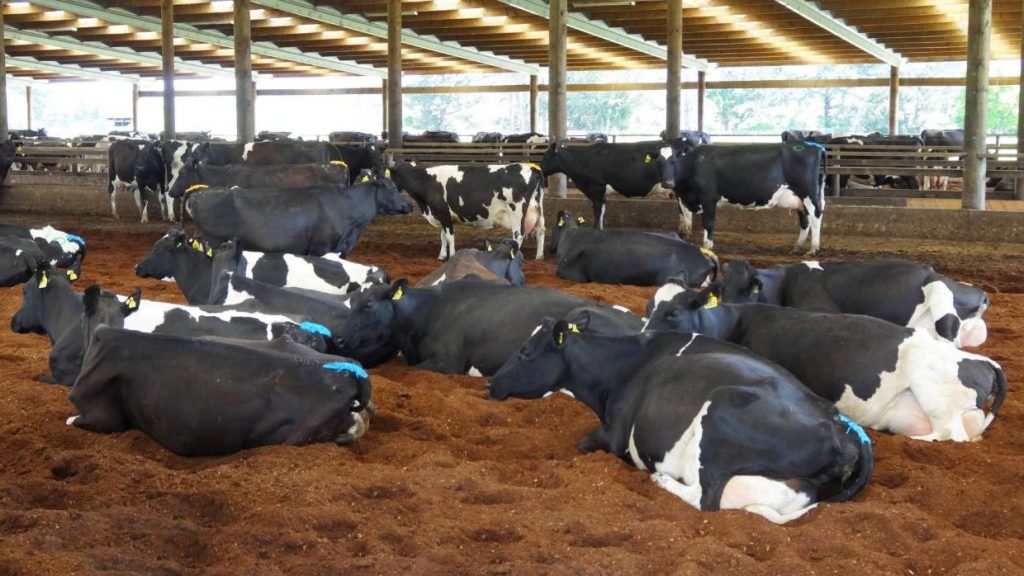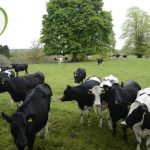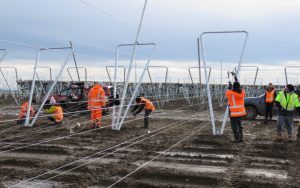
According to the Real Estate Institute (REINZ), sales of dairy farms nationally tumbled 55 per cent in the three months to November on the same period in 2018, and 83 per cent on 2017.
Dairy farm prices slid 22 per cent, from $50,964 per hectare to $39,678 per hectare.
Lincoln University farm management professor and commentator Keith Woodford told RNZ that while other types of farms such as grazing or horticulture were holding their own, dairying had suffered, despite improving milk prices.
He blamed the policy of Australian-owned banks and structural issues, saying the days of easy credit had evaporated over the last two years.
REINZ’s rural sales spokesman Brian Peacocke backed Woodford’s assessment. Overall farm sales had also eased, by 16 per cent and prices by 17 per cent, but dairying had borne the brunt.
“Given the improving forecasts in payout for the dairy industry, an exceptionally kind winter and a benevolent spring in most dairy regions,
the reasons appear to be three fold,” he said.
The first was a huge ongoing increase in compliance regulations and costs, the second was availability and quality of labour, which was “the Achilles heel for the dairy industry”.
But the biggest reason was credit tightening, particularly among the Australian owned banks which had apparently been directed to “dramatically reduce their exposure to the dairy industry”.
Banks were able to get greater returns from the residential and commercial sectors, compared to the “capital-demanding, lower yielding agriculture sector,” and the Reserve Bank’s requirement for banks to hold greater capital reserves had made it worse.
There had been only eight dairy farm sales in the whole country during November, compared to 30 at the same time a year ago and 36 the year before that.
Dairy farm sales had virtually dried up in the dairying regions of Waikato and Bay of Plenty, and there had been “zero” sales in Canterbury/West Coast and Otago, while Southland had been “hard work”.
West Coast rural real estate agent Greg Daly said it was difficult to substantiate whether prices had fallen when there had not been any sales.
But dairying was a confidence game, which affected lending.
The Coast, which was seen as a starter place for sharemilkers, had specific battles of its own, with increasing compliance costs and low payouts from the local Westland Milk company.
“We thought we’d turned the corner when [Chinese dairy company] Yili took control and there’s a very good payout and the cashflow’s good, but the banks, obviously they’re the same all over the country.
“The Reserve Bank governor changing the rules has made it more difficult … Everything’s just compacting against us at the moment.”
He said the Government’s decision to place significant natural area status or SNAs on rural bush could also affect farm values.
Daly said foreign investment was important, not so much to the West Coast, but to owners of “top-end” dairy farms.
“How will they sell if they can’t get foreign ownership into the deal?”
But he said there were two categories of farmer sellers: those who were desperate to sell and those who were comfortable and could afford to wait.























